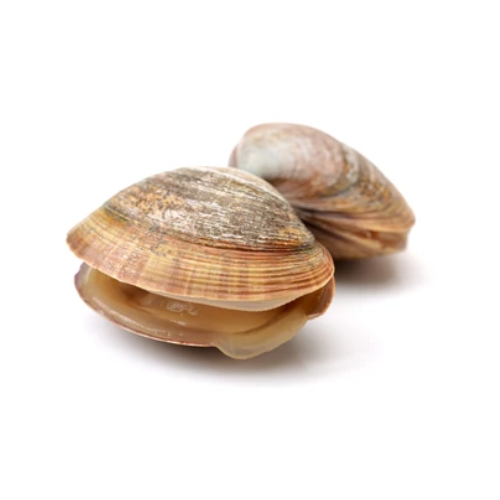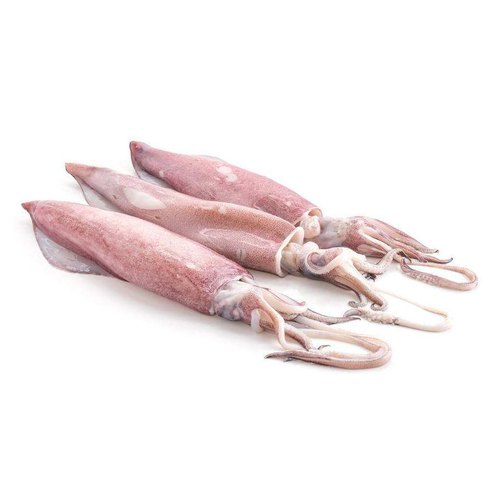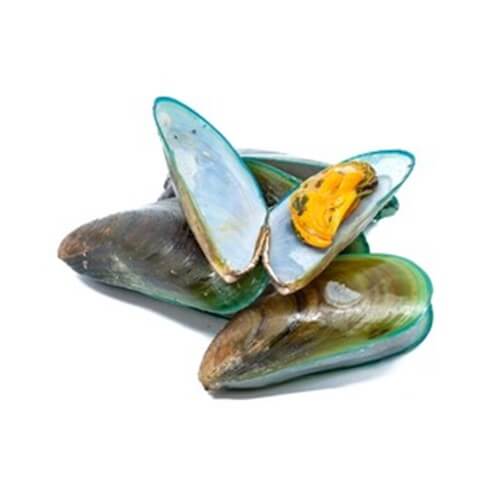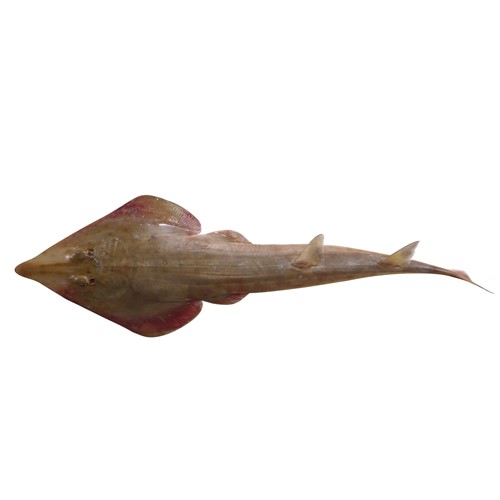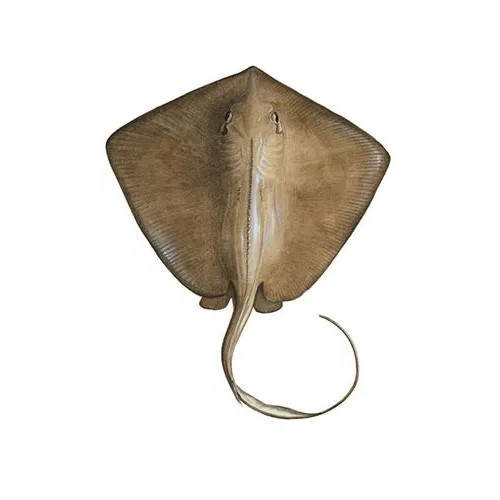Introduction
The Arabian Sea Oyster refers to the several different families of salt-water bivalve mollusks that live in marine or brackish habitats. In some species, the valves are highly calcified, and many are somewhat irregular in shape.
Oysters have been collected for human consumption since the Stone Age, and oysters were also brought on voyages as a supply of fresh food. Hence oysters have been transported across natural biological barriers for hundreds and maybe thousands of years.
Oysters contain a variety of vitamins and nutrients including zinc, calcium, magnesium, protein, selenium, and vitamin A. They also contain especially high levels of vitamin B12, iron, and monounsaturated fat – the “healthy” kind of fat that you also find in olive oil

 Ready to Cook
Ready to Cook Freshwater Fish
Freshwater Fish
